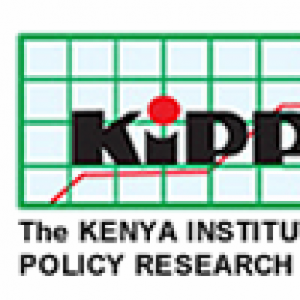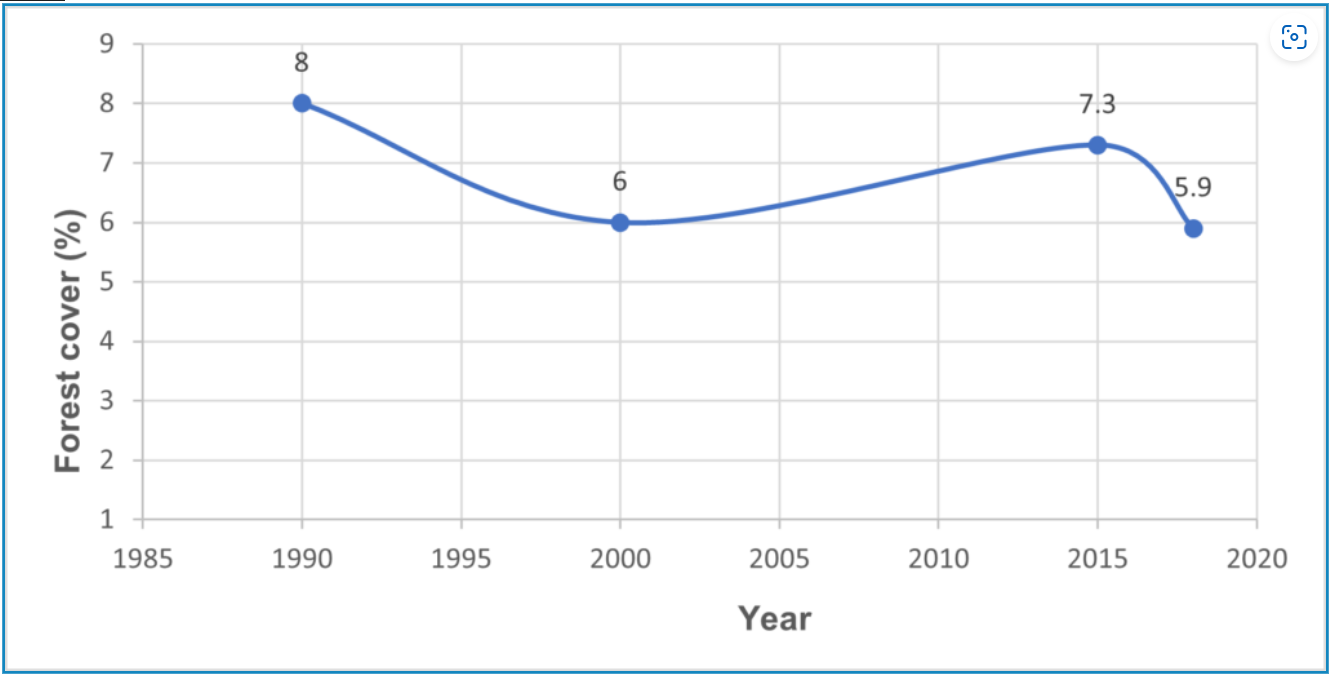By Mathew Muma
The avocado fruit represents 17% of Kenya’s total horticultural exports by value. It is the fourth important fruit crop by value after banana, mango and pineapple. The fruit is grown in all counties except in the arid and semi-arid lands. The main varieties grown are Hass and Fuerte. The leading county in avocado production in 2021 was Murang’a, which accounted for 31% of the produce value. Substantial foreign exchange income is earned from selling avocados overseas. This has been made possible by collective marketing of the fruits by smallholders. Collective action in avocado production and marketing comprises of farmers forming a group and pooling resources such as savings. It enables them to increase the price negotiation power, incomes, and access to inputs and technologies. Collective marketing of avocados has assumed importance in the context of agri-food system transformation; inadequate information on price, demand, and market trends; contractual and procurement systems; and as a response to safety standards of food exports.
Some of the important factors that influence the success of collective action, in general, and collective marketing of avocados are the external environment, types of products and markets, group characteristics, and institutional arrangements. The external environment relates to access to knowledge, technologies, inputs and capacity building. Smaller groups achieve greater levels in internal cohesion, since members know and monitor each other while larger membership affords economies of scale. Institutional arrangements, which emphasize membership inclusiveness, may allow the participation of the poorest farmers in collective action while the contrary is true of tight membership rules. The participation and commitment by collective members affect the contribution to group in revenue flows and economies of scale. These affect the success and sustainability of collective action.
In collective action, farmers may perceive costs and benefits differently. This leads to varying levels of farmer participation in collective action. When the mechanisms for punishing defecting bahaviour of members are not adequate, then farmers are motivated to free ride. When members do not honour their part of the reciprocal contract, the success and sustainability of collective action are in jeopardy. Additionally, smallholder market access is made possible by leveraging on economies of scale, the size of which depends on the level of member participation in collective action.
Avocado collective marketing organizations in Murang’a County were formed in the 2000s in light of the growing export demand for the fruit. They addressed then and now the challenges of smallholder participation in lucrative overseas fruit markets comprising of inadequate access to inputs, incentives for value chain upgrading, market information, horizontal and vertical market linkages, safety standards, and inadequate trust among key stakeholders.
Collective groups usually have intermediaries prepare for them contract farming agreements with avocado exporters/buyers based on fruit quality contemporarily unlike before when contractual agreements covered price, quantity, supply timing, farmer training and inputs. The marketing contracts made may vary for counties, just like the manner in which groups are formed. The groups form among farmers sharing social ties such as kinship or location. The groups make rules, bylaws for investments, norms and regulations promoting the common goals, meet regularly to make decisions on elections, enforce rules and norms, and sanction errant members, among other issues. A small registration fee is charged for membership, and farmers take their fruits to aggregation centres where it is collected by the buyer/exporter. Certain costs such as transportation are deducted. The intermediary agency, if it exists, organizes for the basic services.
In some counties, the buyer or exporter plays the role of intermediary organization, providing the already mentioned services to farmers, including leadership and business development skills. In counties where avocado value chains are less developed, farmers form collective groups and provide the above services themselves, including finding domestic buyers. They also sell to domestic wholesalers and niche markets such as institutions and supermarkets. In general, these options favour farmers close to such markets, unlike farmers at longer distances from the markets who may opt for collective marketing.
Some of the policy issues arising from collective marketing of avocados concern weak public extension services that cannot address the many challenges such as credit access; need for the private sector in filling the extension gap; private sector role in market access; better coordination of the value chain stakeholders in playing their roles efficiently, such as in fulfilling contractual agreements; market information asymmetry; farmers’ knowledge of contractual agreements and terms; and capacity building for farmers and their leaders in meeting export quality and maximum chemical residue levels in avocado fruits. Collective marketing should be promoted to farmers and expanded because of the increasing export market opportunities and earnings that come with it, and the huge domestic market and price dictation by brokers.
The choice of joining avocado collective action and/or opting out of it depends on several factors such as ease of access to the domestic markets favouring farmers near the markets, unlike collective action groups; need for emergency cash from sale in domestic markets; growing varieties incompatible with the export market; lack of technical knowledge to meet product quality; and quantity of production. The other reasons are lack of inputs for quality and quantity production; breach of contractual agreements between intermediaries and buyers; farmers’ unawareness of details of contractual agreements; and unpredictable price, demand and quality conditions of the market.
The main problems affecting collective marketing of avocados include inadequate: access to appropriate inputs; technical advisory on appropriate practices along the value chain; farmers’ knowledge of details of the contractual terms; and predatory brokers. The problems result to limited farmers’ welfare benefits. The suggested solutions include need for coordination of contractual agreements with all the key stakeholders and thus minimizing default of the contracts; linkage of contractual agreement with access to inputs, technology and capacity building; involving farmers in resolving challenges to the value chain; availing market information system for access by farmers; organizing farmers for collective action; and conducting more evidence-based research to clarify the role of farmer participation in the success of collective action.
Author: Dr Mathew Muma, Senior Policy Analyst, Productive Sector Department





